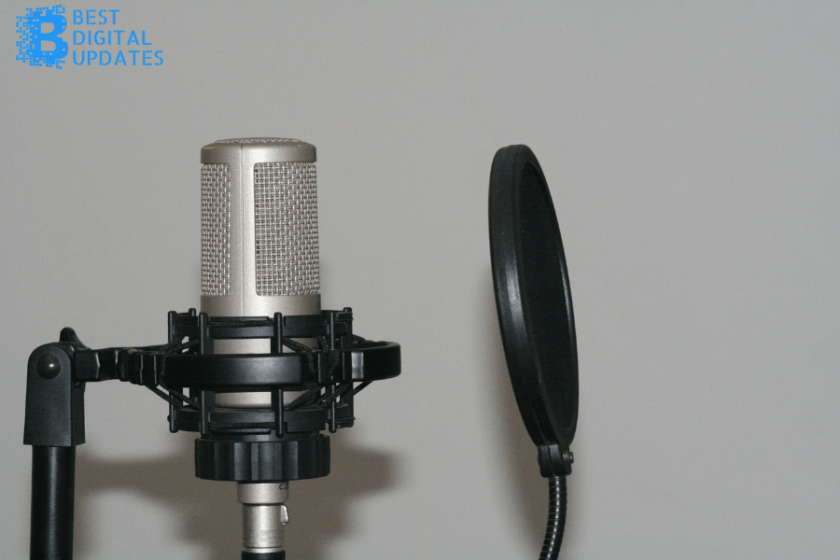What is it that makes us human? Is it our heart, our soul or is it that our neural networks are interconnected? AI thinks in linear steps which is most probably why it can never replace a court reporter in Miami. We don’t just passively respond to inputs like a computer, we proactively search through possibilities and options. That’s what makes a court reporter so critical to the legal system.
The Benefits a Court Reporter in Miami Brings
Table of Contents
First and foremost, technology cannot replace a court reporter’s accuracy and reliability. Essentially, AI cannot differentiate between accents or the slightest background noise. Moreover, AI can’t pause the recording and ask people to repeat things or speak more clearly.
Interestingly, many people assume that video recordings and other digital approaches are more cost-effective. In fact, in the long run, when you add up the costs of network connection, software updates and hardware fixes, the costs far outweigh what you pay for a real live court reporter.
Moreover, real-time transcripts are increasingly in demand but they need a human to coordinate all the various pieces. For instance, a court reporter in Miami might need to pause the transcript for an off-the-record moment.
In some cases, other attendants also highlight the real-time transcripts and add notes to refer to later. A real-live court reporter in Miami knows the difference between the participant’s notes and the proceeding whereas a computer does not.
Overall, a court reporter in Miami is an officer of the law. They are responsible for upholding justice by ensuring confidentiality and preserving all records. A computer doesn’t know how to follow a filing system, a human still needs to organize documents as required.
Finally, you can expect a court reporter in Miami exudes professionalism as they serves the following roles:
- A point of contact
- Responsibility
- Ensure best practice
A point of contact
A court reporter in Miami usually makes sure that all the logistics are in place for court proceedings. They guide people to know where to go or how to dial into a video conference. Furthermore, they’ll compile any exhibits and they’ll swear in the witnesses. None of this can be done by computers.
Responsibility
Courthouses need to know that they can rely on someone to deliver transcripts accurately. It’s difficult to follow up with a machine and talk to them about their process. Instead, court reporters bring reassurance and integrity.
Ensure best practice
Court reporters also ensure proper filing is in place. They liaise with the courthouse clerks and file the relevant documents with them. Moreover, they guarantee a smooth and confidential process that’s both compliant and as efficient as possible.
Digital Supports Court Reporting Efficiency
Every shift in human history creates both uncertainty and opportunity. Of course it’s frightening to learn new skills and to see our jobs changing. Nevertheless, the forward-thinking court reporters are the ones who’ve adapted and embraced technology.
These days, most court reporters still use stenograph machines to type their shorthand notes. Amazingly they can type at least 200 and sometimes up to 300 words per minute compared to normal speech which is around 150 words per minute.
It might be tempting to think that courthouses could just video whole proceedings and ask someone to type them up later. Nevertheless, how many recordings sound completely perfect? Moreover, why not get a real-time transcript instantly rather than have to wait a few days?
It’s important to remember that the goal of a court reporter in Miami is to be 100% accurate as well as fast. The slightest mistake or omission could sway or annul a proceeding. Courthouses simply cannot take the risk when it comes to choosing computers over humans.
Of course, a real live court reporter in Miami needs to leverage the right equipment which could be any or all of the following:
- Stenomask
- Microphone to laptop
- Backup recorder
Stenomask
A court reporter in Miami might choose a type of mask into which they speak what they hear during the proceeding. This stenomask is connected to a computer with voice-to-text software that translates the audio into a written document.
Microphone to laptop
Whilst typing their shorthand notes, a court reporter might decide to have a microphone as a backup. Again, the laptop has voice-to-text software that translates the audio into a written document. The court reporter can then edit by comparing with their notes.
Backup recorder
Another option that many court reporters use is to record audio or video or both to refer to as a backup. Such a backup can also sometimes be used later in court to refer back to something that was said.
The Legal System will Always Need Human Court Reporters
A machine will never be able to take responsibility for a transcript. They can’t be held accountable for the final document but a court reporter in Miami can. Not only do real-live reporters guarantee accuracy but they also uphold the process along with confidentiality and professionalism. The legal system will always need such officers of the law as part of their teams.





















